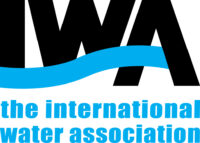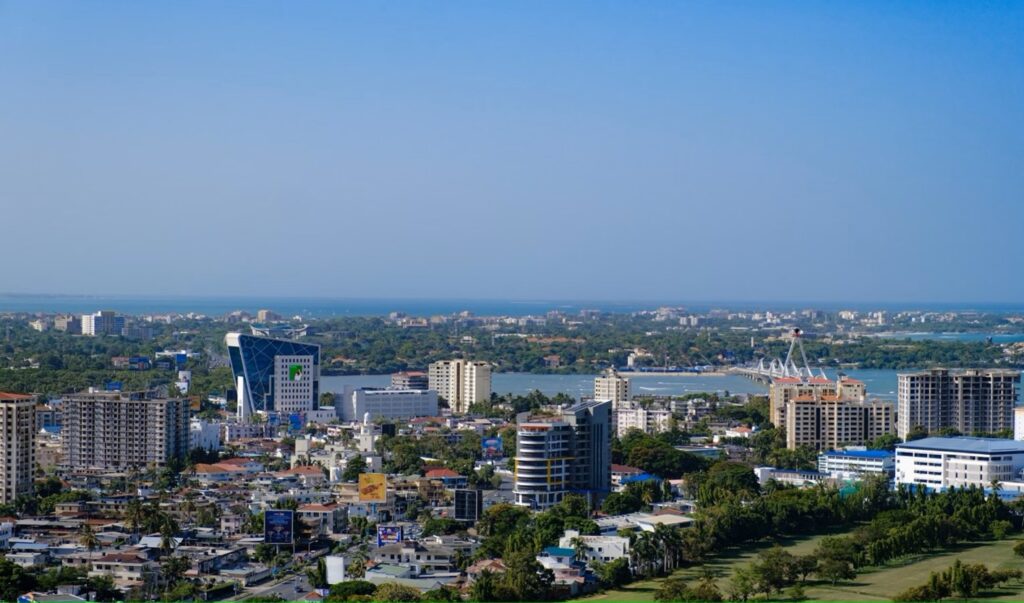Groundwater resources globally provide about 50% of all drinking water, about 40% of water used for irrigated agriculture, and about 30% of the water supply required for industry, as well as sustaining aquatic ecosystems, maintaining river baseflows and preventing land subsidence and seawater intrusion.
Sustainable groundwater management in Denmark
Groundwater resources globally provide about 50% of all drinking water, about 40% of water used for irrigated agriculture, and about 30% of the water supply required for industry, as well as sustaining aquatic ecosystems, maintaining river baseflows and preventing land subsidence and seawater intrusion. In the face of unpredictable global changes, there is a need to increase our understanding of groundwater, improve its governance, and implement conjunctive and adaptive management practices. This year’s theme for World Water Day is ‘Groundwater: making the invisible visible’, highlighting the crucial need to raise awareness about this important water resource that needs to be carefully managed and protected globally. Groundwater will also be a key topic at the IWA World Water Congress & Exhibition which will take place in Copenhagen in September 2022.
There are many benefits to incorporating groundwater into the water supply and the Danish experience provides an ideal case study. Denmark is a leading example of sustainable use and protection of groundwater. In Denmark, drinking water comes entirely from groundwater, which is carefully protected and managed sustainably.
Proper groundwater protection requires knowledge on the formation of groundwater. An important tool to estimate the catchment areas of the wells is groundwater modelling. Modelling can be used to provide information for optimised groundwater protection and can be used in the planning of sustainable groundwater abstraction. Furthermore, modelling can help estimate the quantities that can be abstracted sustainably from an aquifer, eliminating the risk of over-abstraction.
The production of groundwater is – from a hydraulic point of view – the most complicated part of managing groundwater supply. Natural processes such as groundwater flow in the aquifers must interact with technical installations such as wells, pumps, pipes and valves. Many Danish utilities use the Danish-developed Well Field Model and use the model to plan the abstraction from the reservoir with considerations of groundwater reservoir preservation, acceptable water quality, and optimisation of energy consumption. Furthermore, the Well Field Model is an excellent tool for planning a reconstruction or design of a new well field. The operation of a well field is controlled by a SCADA system, which is also used for reporting compliance regarding abstraction permits to the authorities.
In Denmark, conservation strategies have been put in place to preserve groundwater and reduce water demand. According to major water utilities in Denmark, domestic consumption is as low as 106 litres per person per day. A combination of education on conservation and increased environmental awareness as well as an increase in water prices have been highly efficient tools to reduce water consumption. Household metering is mandatory, and ‘smart-meters’ are widespread, enabling remote meter reading whilst also contributing to the utilities’ supervision of potential water loss in the network.
Another equally important aspect of sustainable groundwater management is the minimisation of water loss in the distribution network supplying water to the consumer. In Denmark, the national Non-Revenue Water is as low as 6.3 percent. This has been achieved by efficient asset management of the distribution network, planned rehabilitation, and the introduction of District Metered Areas. This has also enabled advanced pressure management of the network, avoiding pressure-induced leakage as well as resulting in energy savings.
Based on the Danish case, sustainable use of groundwater requires a number of coordinated actions across the whole drinking water production cycle. This involves abstracting only the necessary quantity of water, without abundant consumption or losses.
To mark World Water Day on 22 March 2022, IWA is organizing a webinar on groundwater resources to highlight their importance and value and to provide an overview of what global IWA experts in this area are doing to contribute to the governance and sustainable management of this invisible resource. Sign up today!
Learn more about sustainable utilisation of groundwater with this white paper by State of Green in collaboration with IWA’s Governing Member in Denmark (DANVA) and others.



